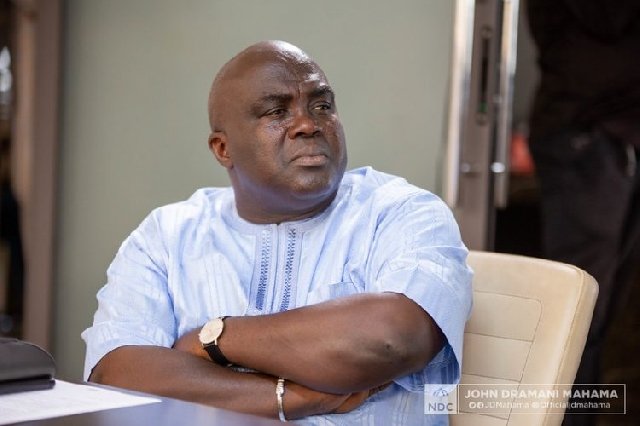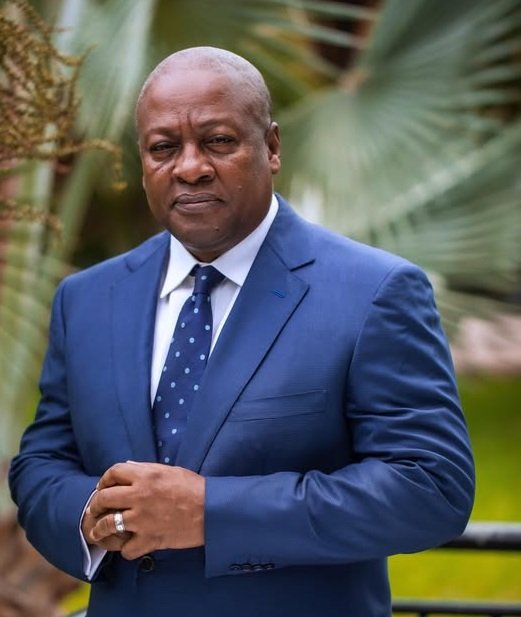ARTICLE AD
The government has disbursed GH¢2.5 billion to some banks under the Ghana Financial Stability Fund (GFSF).
Governor of the Bank of Ghana, Dr Ernest Addison, disclosed this on Monday in response to a question on how much has been disbursed under the GFSF during the first MPC press conference of the year.
That was after the 116th regular meeting of the MPC to deliberate on the global and macroeconomic development, including the assessment of the economy and the risks to the outlook for inflation. He said the amount was to support the banks in the country to overcome the financial challenges of the DDEP.
The Ministry of Finance started the disbursement last year under the programme which was established by the government to cushion banks of the financial effects of the DDEP as part of the country’s three-year $3billion Extended Credit Facility programme with the International Monetary Fund (IMF).
Ghana signed onto the ECF with the IMF in 2022 for balance of payment support to restore macroeconomic stability, spur growth and reduce the country’s growing public debt.
The World Bank has pledged to support the GFSF with $250 million.
Dr Addison did not mention the banks which had accessed monies from the GFSF.
The Governor said in spite of the DDEP, the banking industry remained strong and profitable, saying the banking sector’s performance improved as adverse spillovers from the domestic debt restructuring and macroeconomic challenges receded.
He said the latest stress tests indicated that the sector remained stable on the back of the ongoing recapitalisation process by shareholders alongside support from the GFSF.
“As at the end of 2023, the data shows that the banking sector remains stable, liquid, and profitable. Profitability improved for the sector from the loss position recorded in the 2022 audited accounts, reflecting sustained increases in net interest income and fees and commissions,” the Chairman of the MPC stated.
He said the industry’s balance sheet was generally strong, underscored by increased assets in December 2023, funded largely by deposits.
“Key financial soundness indicators remained broadly positive with the Capital Adequacy Ratio (adjusted for reliefs) above the regulatory minimum, while liquidity and profitability ratios were higher in December 2023 compared to the same period last year,” Dr Addison stated.
He said the Non-Performing Loan ratio, however, increased in 2023 because of general repayment challenges on the part of borrowers, reflecting the impact of general macroeconomic challenges encountered in 2022.
On the recapitalisation of banks, the Governor said some of the banks were ahead of the recapitalisation deadline of 2026 and some had approached their shareholders for more funds to capitalise.
The Chairman of MPC stated that the BoG did not have problem with the capital levels of the banks, saying the profits the banks declared last year were enough to provide for their capital needs.
“The Bank is closely monitoring the capital restoration efforts of the banks in line with approved plans, including through support from the Ghana Financial Stability Fund. It is expected that early recapitalisation and effective risk management by banks will help promote overall banking sector stability and resilience and ensure effective financial intermediation to strengthen the economic recovery efforts,” Dr Addison said.
BY KINGSLEY ASARE

 11 months ago
78
11 months ago
78 

